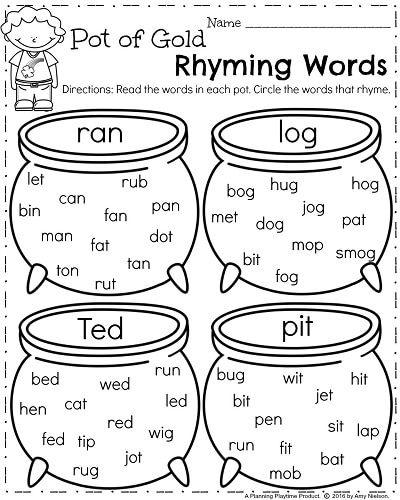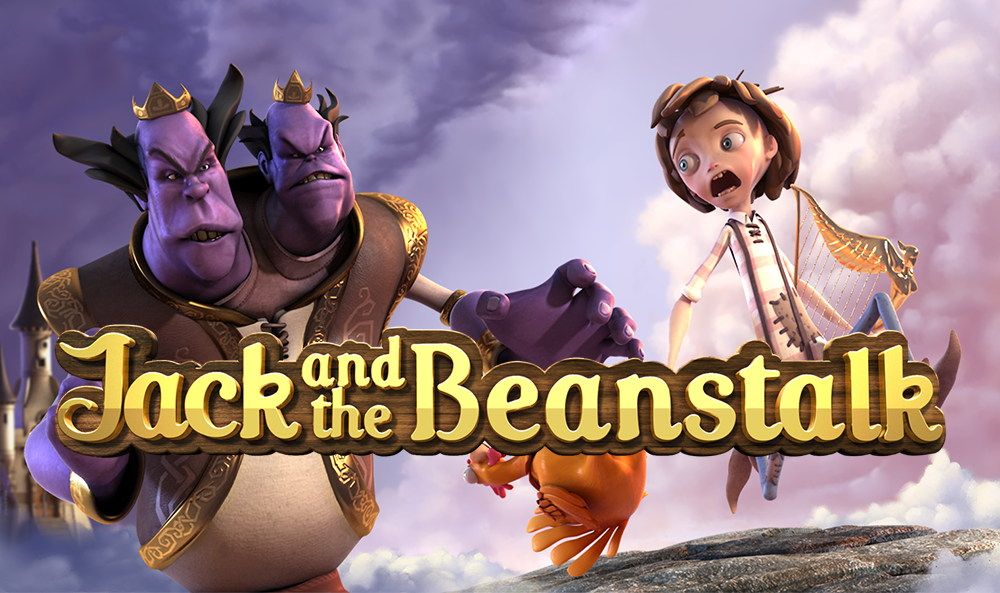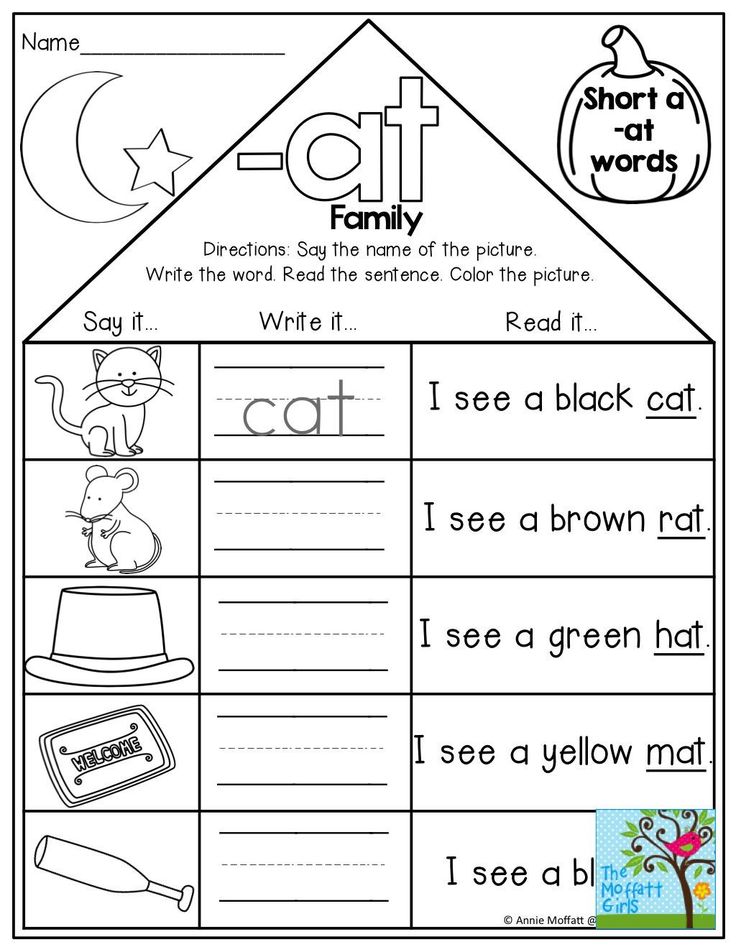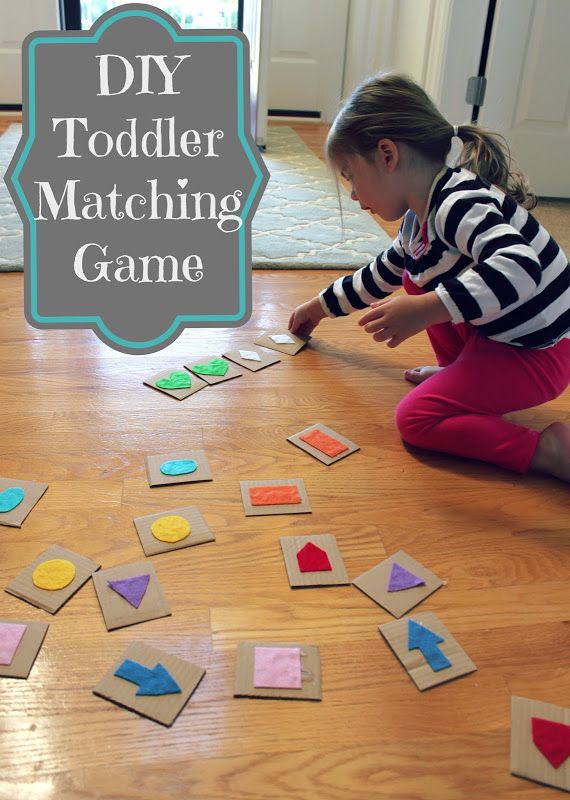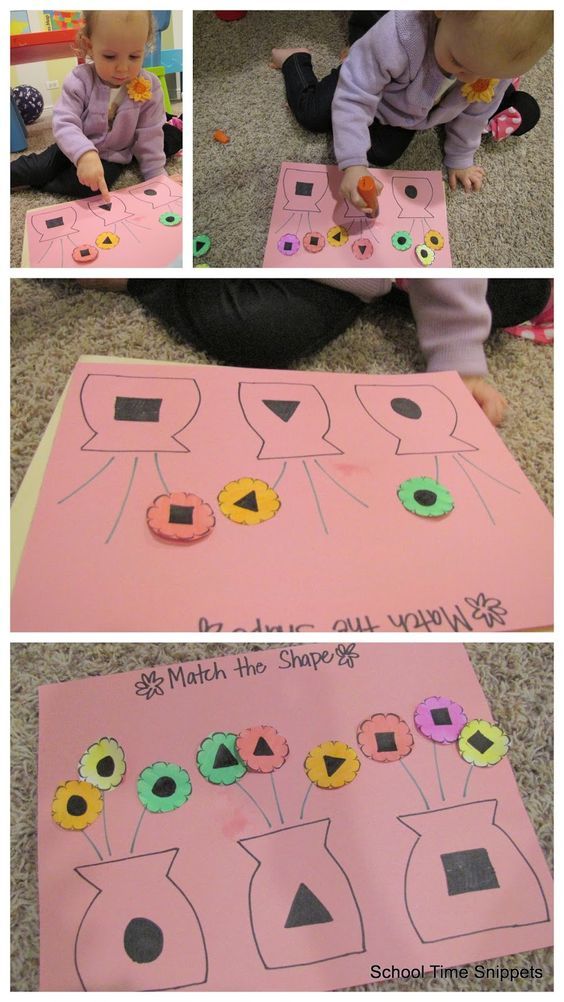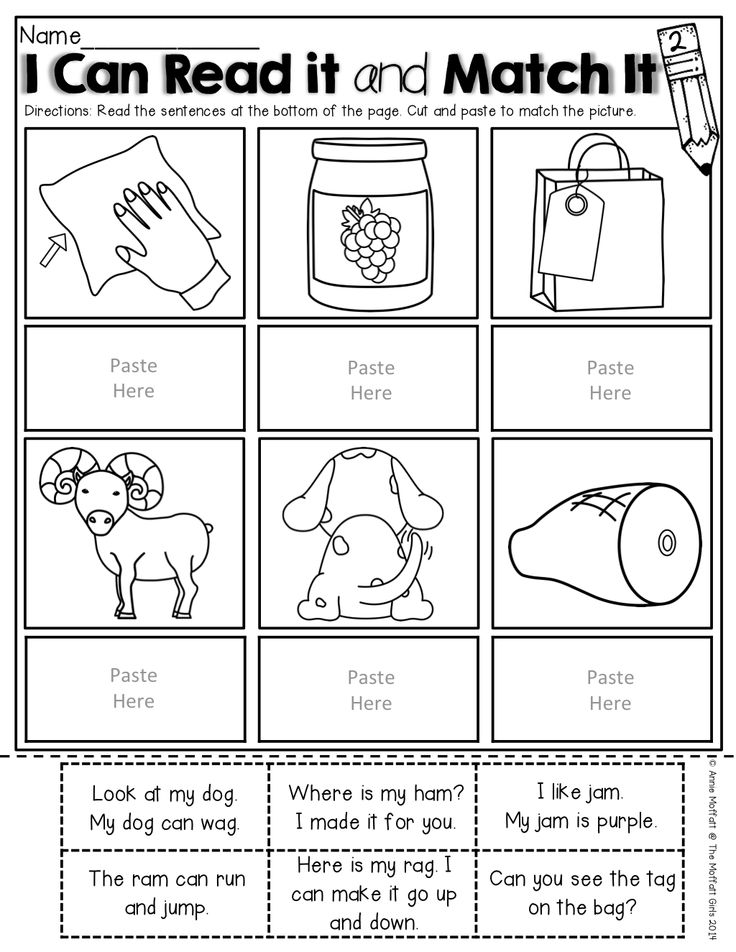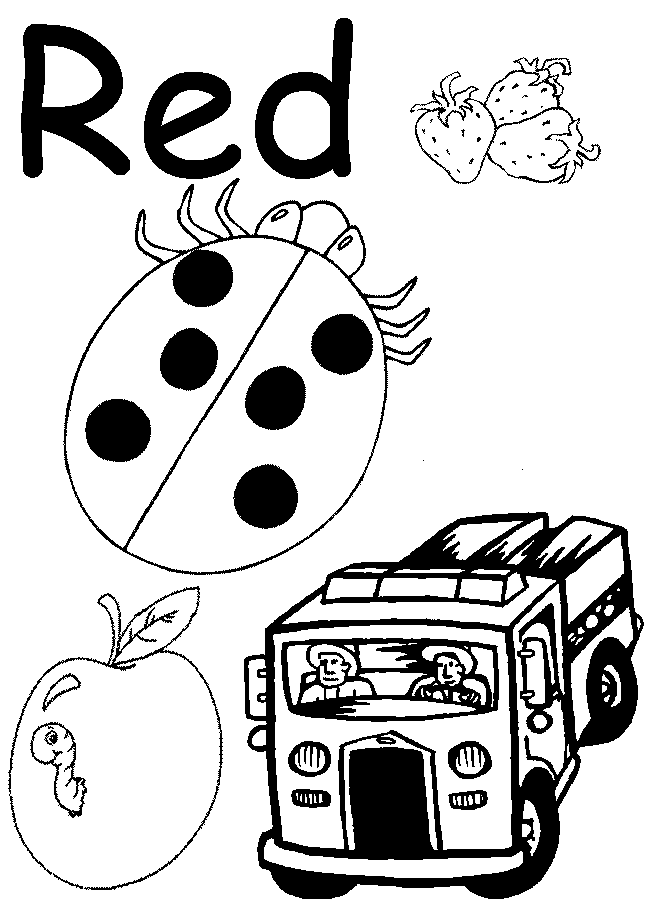Preschool concepts list
Basic Concepts to Teach Your Preschooler
“What should my preschooler know?”
This question often gets asked by parents. Many want to know what basic concepts their 4-year-old should know in order to be prepared for Kindergarten.
Academically speaking, it’s not a lot. It’s more valuable for your youngster to be able to listen to and follow directions than it is for him to recite the alphabet. While exposing him to the letters of the alphabet through fun activities like songs and puzzles is good practice at this age, expecting him to identify all 26 letters in upper and lower case isn’t really necessary. If you have a child who is advanced in Language Arts and is ready and interested in learning letters and reading, go ahead and do so. Otherwise, exposure to the written word through fun activities like I previously mentioned and read aloud time is usually enough.
I have compiled a list of basic concepts that are generally good for preschoolers to know. This is different from skills that they should be able to do which is found in this post: Preschool Skills Checklist. Both lists are just guidelines to help you out. Every child is unique and learns at a different rate so it’s fine if your child doesn’t know all of these by the time he starts doing Kindergarten level work. You can always cover the basic concepts that he didn’t learn as a preschooler then.
- ❑ Colors
- ❑ Shapes
- ❑ Numbers 1-10 (mainly counting from 1-10 although identifying at least 1-5 is helpful)
- ❑ Same and different
- ❑ Does not belong
- ❑ One-to-one correspondence
- ❑ Pattern recognition
- ❑ What comes next in a sequence of events
- ❑ Up and down
- ❑ Above, below, and beside (next to)
- ❑ Front and back
- ❑ Over, under, and in the middle
- ❑ In front of and behind
- ❑ Closed and open
- ❑ First, next, and last
- ❑ Inside and outside (in and out)
- ❑ Backward and forward
- ❑ Top and bottom
- ❑ Before and after
- ❑ High and low
- ❑ Big and little
- ❑ Largest and smallest
- ❑ Tall and short
- ❑ Wide and narrow (fat and skinny)
- ❑ Medium sized
- ❑ Long and short
- ❑ Same size
- ❑ Fast and slow
- ❑ Basic feelings such as happy, sad, mad, and glad
- ❑ Empty and full
- ❑ More and less (fewer)
- ❑ Many and few
- ❑ Part and whole
- ❑ Night and day
- ❑ On and off
- ❑ Loud and soft
- ❑ Hot and cold
- ❑ Hard and soft
- ❑ New and old
- ❑ Early and late
- ❑ Times of the day such as morning, afternoon, and evening
- ❑ Weather
- ❑ Seasons
- ❑ Simple categories such as food, clothes, animals, and toys
- ❑ Family members
- ❑ Parts of the body
- ❑ Stranger safety
- ❑ Full name
- ❑ Parents’ names
- ❑ Home phone number
- ❑ Birthday
- ❑ God
- ❑ Jesus
- ❑ Heaven
- ❑ Earth
- ❑ Angels
I have some preschool printables that teach some of these concepts here.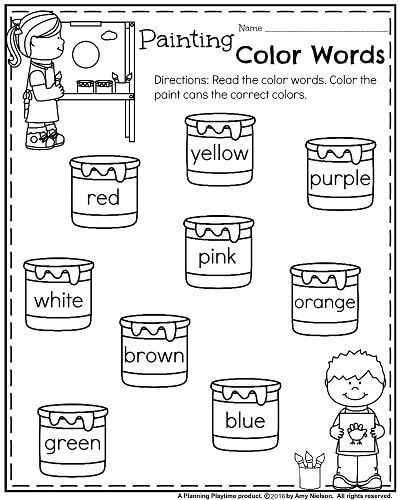 I think your youngster will like them!
I think your youngster will like them!
Many blessings,
P.S. If you need some inspiration, you can find a list of more than 250 preschool themes to teach your child here: The Ultimate List of Preschool Themes
Concepts to teach for 2 to 5 year old toddlers and preschoolers!
A simple list of concepts that can be taught to the age group 2.5 to 5 years children at home. So here I am, listing a few Ideas about the concepts and topics that can be taught to our children.
CONCEPTS / TOPICS :
1. PHONICS/LANGUAGE
– Alphabet (Uppercase & Lowercase)
– Letter names and sounds
– Beginning sounds
– CVC words / Word Families
– Rhyming Words
– Sight Words(List 1)
– Opposites
– Naming Objects and People
– Using 2 to 3 words that goes together (like eating a banana etc.)
– Speaking in full sentences by the time they turn 3.5/4 years
– Narrating a situation
– Retelling a simple story
– Describing what they feel
– Describing what happens in school / playdate / outing etc.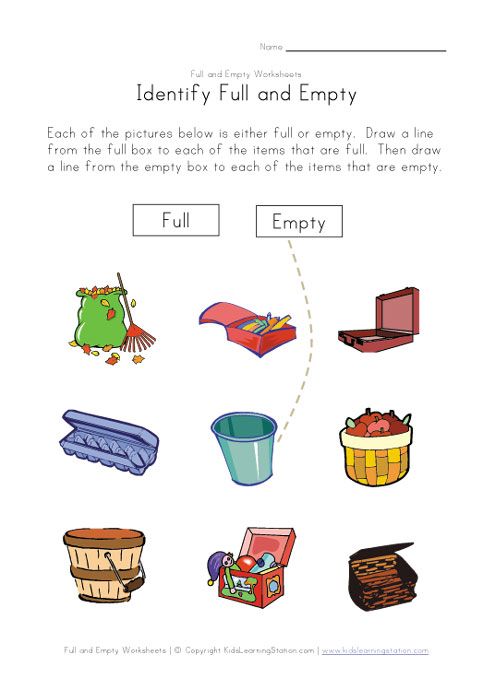
– Recalling details about any incident that happened to them
– Knowing all the Family member’s names and faces and the relations between each other(like brother-sister, husband-wife, uncle-aunty, mother-father etc.)
2. MATHS / CONCEPTS
– Numbers 1 to 50/100, depending on child’s ability to grasp and remember
– Number Names 1 to 10
– Counting objects/ in a picture 1 to 20
– Big/small
– Long/short
– Tall/short
– Thick/ thin
– Heavy / light
– Empty/Full
– More/less
– Wide/narrow
– What goes together? (like a pencil and eraser or glass and water etc.)
– Small/medium/large
– First/next/then/last
– First/last
– Similar/Different
– Sequencing of objects
– Time
– Calendar
– Shapes (2D&3D)
– Colors (Primary/ Secondary)
– Odd one out
– Grouping/Categorizing
– Graphing
– Sorting Letters and Numbers
3. EVS / SCIENCE / GENERAL KNOWLEDGE
– Seasons
– Weather
– Parts of the body
– Sense organs
– Days of the week
– Months of the year
– Myself and My Family
– My school
– My classroom
– Fruits
– Vegetables
– Animals/Birds/Insects – Domestic/Wild/Young ones/ Homes of animals/Sounds of animals/Water animals/Reptiles etc.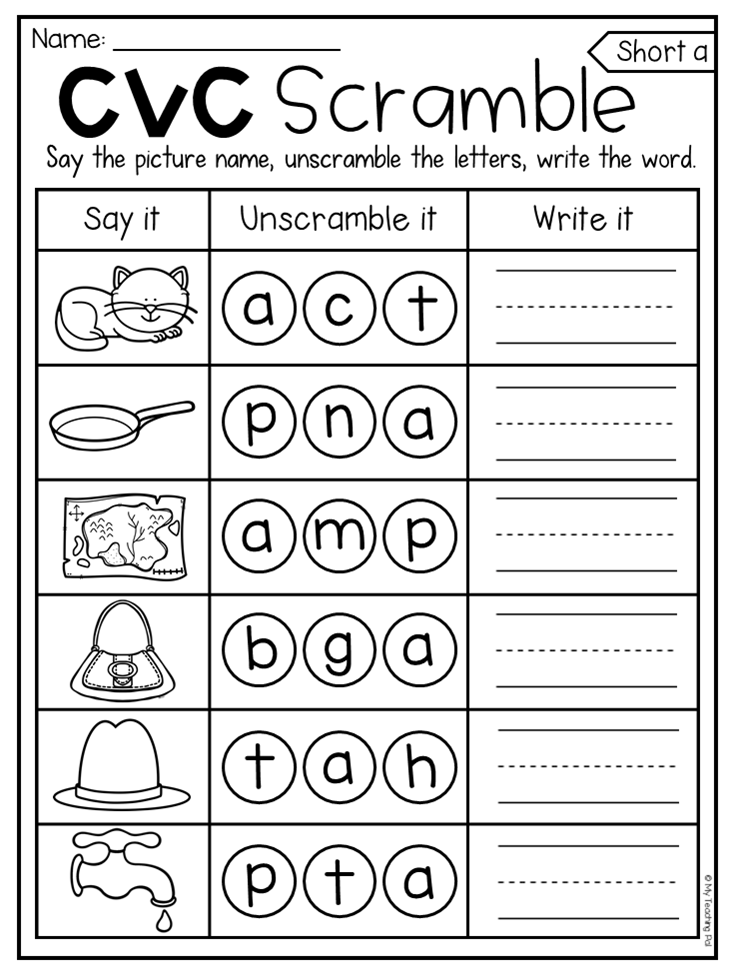
– Flowers
– Vehicles
– Food and Nutrition
– Meals (Breakfast / Lunch /Dinner / Snacks)
– Community Helpers
– Cleanliness (Self/Home/Environment)
– Good Habits
– Good Manners
– Indoor Games
– Outdoor Games
– Sources of Water
– Uses of Water
– Living Beings/Non-Living Beings
– Plants and their types
– Festivals
– Places of worship (like Gurudwara, Temple, Mosque, Church etc.)
– Toys
– Actions
– Gender
– Birthday Party
– Hospital
– Railway station
– In a Village
These are the topics that are at the top of my mind. Please feel free to share and add more ideas/concepts if you have in mind, for the age group 2.5 to 5 year olds, in this thread. So it can be easy for everyone to refer back.
***Also keep in mind, that every child is Unique and has different grasping power. So please don’t compare your child to anyone else’s in the group, not even mine. This is just to motivate you and give a direction to your learnings at home.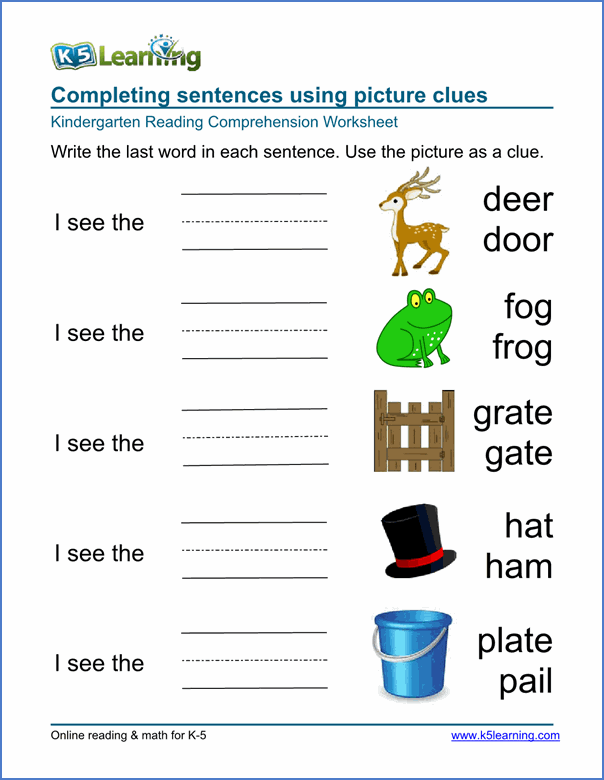 These should be done alongwith good, everyday Outdoor play and gross motor activities. Also, encourage your child’s interests and hobbies, so they can develop on their skills. Let it be drawing, coloring, painting, dancing, singing, or whatever, encourage them to develop their hobbies & interests.
These should be done alongwith good, everyday Outdoor play and gross motor activities. Also, encourage your child’s interests and hobbies, so they can develop on their skills. Let it be drawing, coloring, painting, dancing, singing, or whatever, encourage them to develop their hobbies & interests.
It’s much more important to “FOLLOW THEIR HEART” than just Academic Excellence. ***
Hope this helps You all !
Love
Deevyanka Pawar
Articles of the participants of the conference "Organization of the educational process of kindergarten in modern conditions"
- Home
- Online conference
- Publication date: 03/28/2017
Rate the material Average rating: 1 (Total: 2)
Troitskaya Elena Anatolyevna , educator
MBDOU "D / S KV No. 1" Ogonyok " , Tatarstan Republic"Psychological and pedagogical support for the formation of a culture of work of children in modern preschools and the family"
This article considers education of industriousness of preschoolers as the main personality trait.
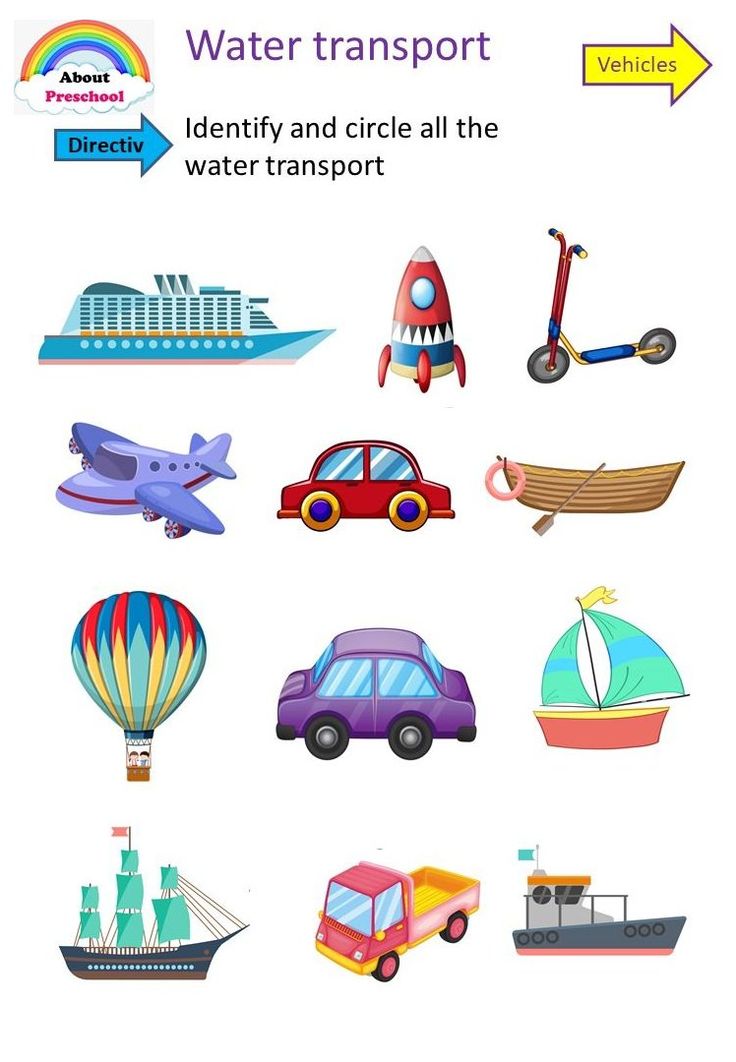 The author noted the importance of the formation of industriousness, which is a quality that reflects the development of the individual as a whole.
The author noted the importance of the formation of industriousness, which is a quality that reflects the development of the individual as a whole. Publication date: 10/23/2018
Assess the material Average rating: 0 (total: 0)
Davydova Natalya Vladimirovna , teacher
MBDOU D/s No. 75 , Irkutsk region“Pedagogical conditions for the development of curiosity in children of younger preschool age”
The article notes that a child is born a researcher. An unquenchable thirst for new experiences, curiosity, a constant desire to observe and experiment, independently seek new information about the world, are traditionally considered as the most important features of children's behavior. Satisfying his curiosity in the process of active cognitive and research activity, which in a natural form manifests itself in the form of children's experimentation, the child, on the one hand, expands his ideas about the world, on the other hand, he begins to master the fundamental cultural forms of ordering experience: spatial and temporal relations that make it possible to connect separate representations in a complete picture of the world.
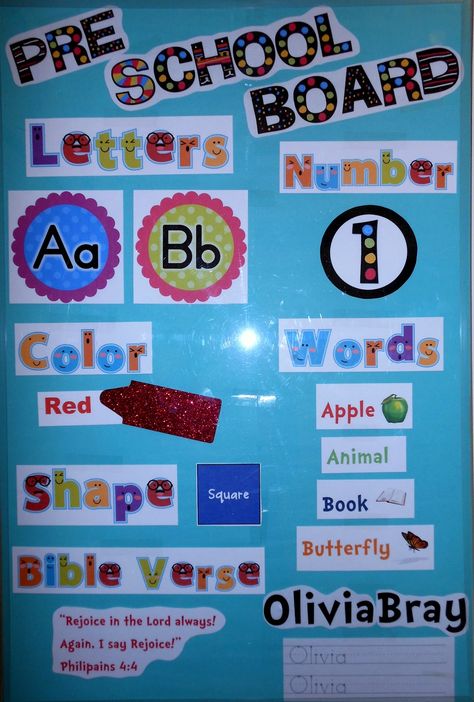
Date of publication: 26.01.2015
Rate the material Average score: 3 (Total: 4)
Makarenko Anna Nikolaevna Master student
"Problems of managing the activities of the teaching staff of a preschool institution in the formation of an individual style of healthy behavior in children in the context of a student-centered paradigm of education"
The article deals with the problem of the formation of an individual style of healthy behavior in preschool children, the solution of which, in the author's opinion, lies in the development of methods for managing the activities of the teaching staff in the context of the personality-oriented education paradigm.
Article in the process of layout
Ivanova Aleksandra Nikolaevna , student
M.K. Ammosova , Sakha / Yakutia / Resp"Organization of the educational process in a preschool educational institution"
Publication date: 06/13/2017
Rate the material Average rating: 4 (Total: 5) 9019 Anna Yudaeva
Yuryevna , undergraduate
Tambov State University G.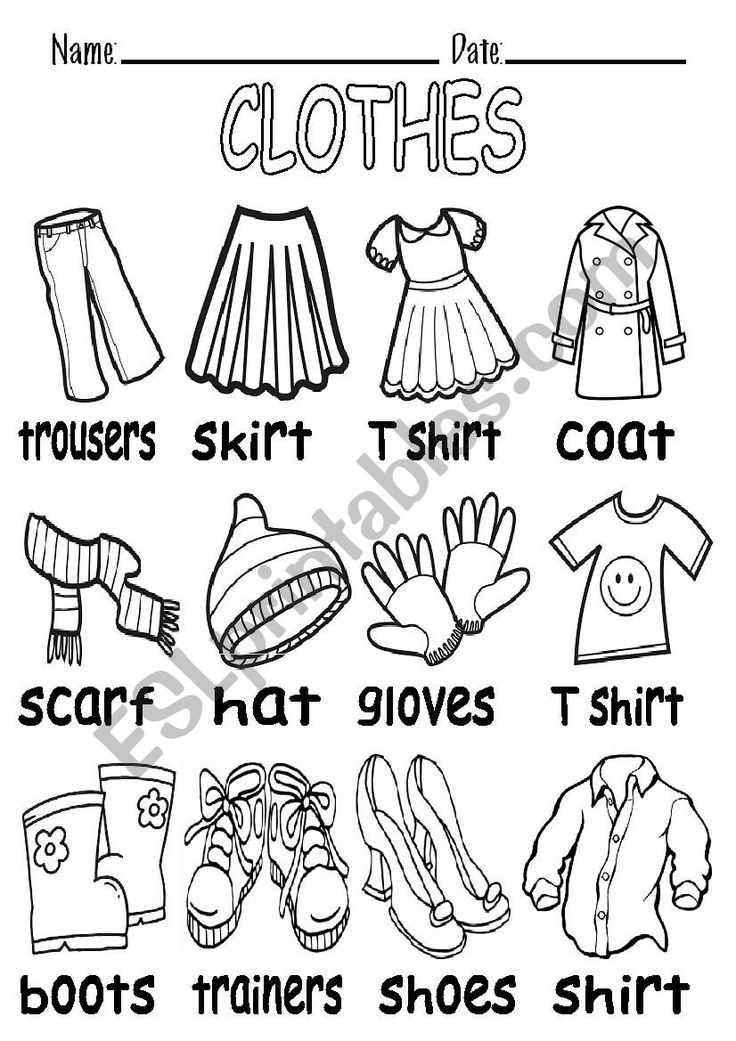 R. Derzhavin" , Tambov region
R. Derzhavin" , Tambov region "Approaches to the organization of social adaptation of children to the conditions of a preschool educational institution"
The article deals with models of organization of the educational process in a preschool educational institution. The author considers such approaches as systemic and environmental.
Date of publication: 04.05.2017
Rate the material Average score: 0 (Total: 0)
Mitkina Evgeniya Pavlovna M.V. Lomonosov" , Arkhangelsk region
"Problems of training teachers of preschool educational organizations to work with children at risk"
The article discusses the possible problems that arise in preschools when organizing work with children at risk. The contradiction between the increase in the number of children at risk in modern society and the unwillingness of teachers to build work with this category of children is being updated.
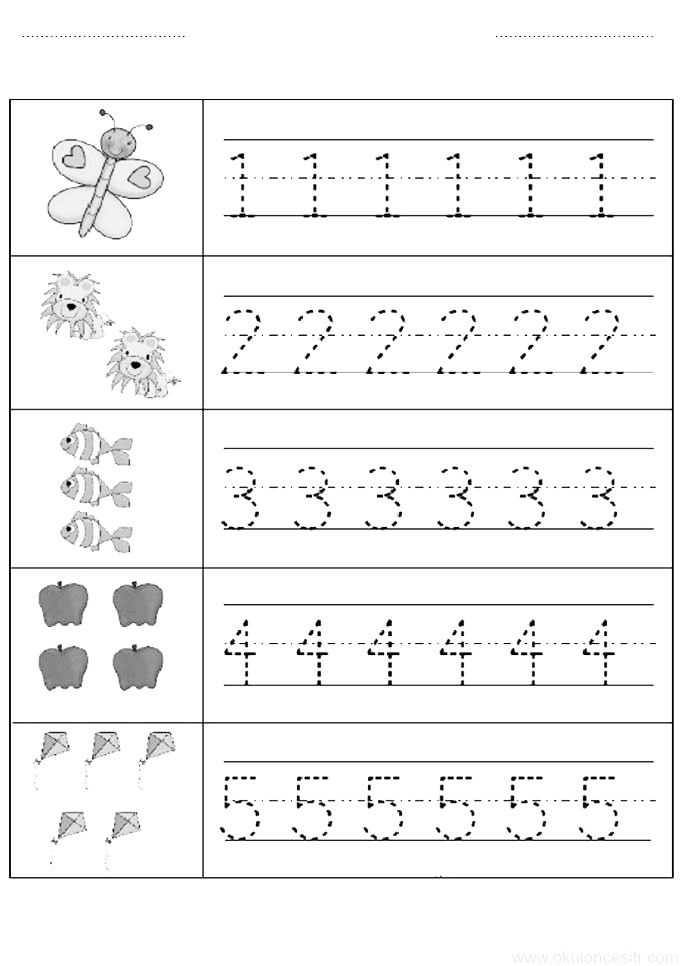
Information and methodological support of the educational process of the preschool educational institutionPublication date: 02/03/2023
Rate the material Average rating: 0 (Total: 0)
Viktoriya Nikolaevna Paltseva , bachelor, educator
MADOU "D / S No. 59" , Vologda region"Summary of organized educational activities for cognitive development in the form of a quiz game" Rules of fire safety "B 9002" 9002 The article presents the quiz game "Fire Safety Rules" as a result of the group project "Caution, fire!". In the work, the author notes that fire safety is one of the essential components of the environment in which a child grows and is brought up. Particular attention is paid in the article to saving and protecting the child, as well as preparing him to face various difficult and sometimes dangerous life situations.
Date of publication: 02.
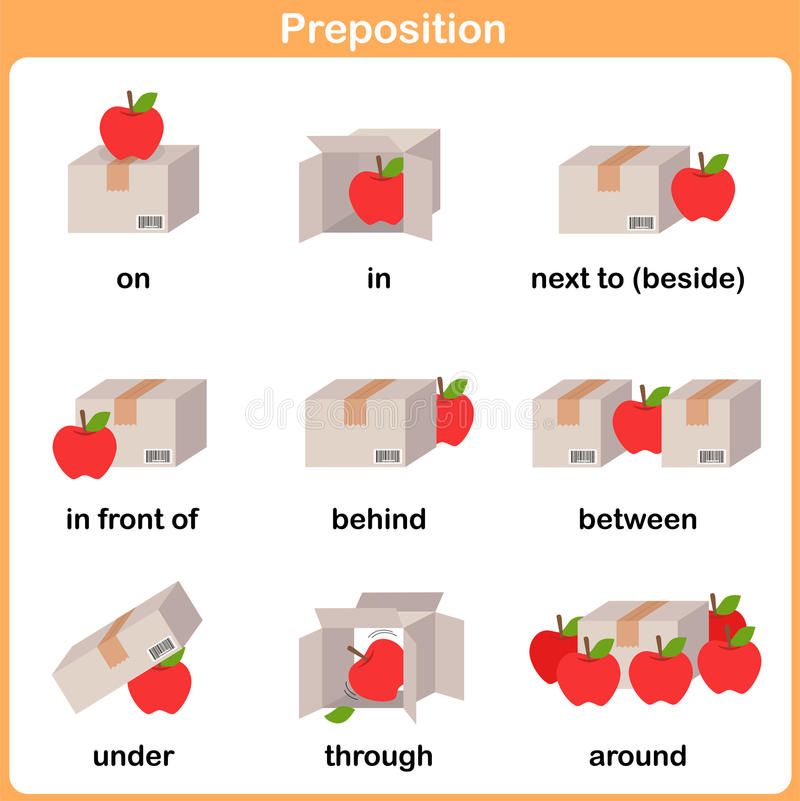 02.2022.
02.2022. Assess the material Average score: 0 (total: 0)
Bukhalina Natalya Vladimirovna , teacher
Vereshchagin Olga Dmitrievna , educator
Zagorulko , instructor for physical culture
MDOU "TsRR - D / S No. 4" , Belgorod region"Features of the development of communicative competence of children in preschool"
The article reveals the relevance of the problem of developing communicative competence of preschoolers. The authors present the concept of "communicative competence".
Publication date: 11/27/2018
Rate the material Average score: 2 (Total: 3)
Zakirova Landysh Minniyarovna , student V.G. Timiryasova (IEUP)" , Tatarstan Republic
"The content of the walk as a condition for the formation of environmental knowledge of children aged 5-6"
This article reveals the social significance of environmental education of preschool children.
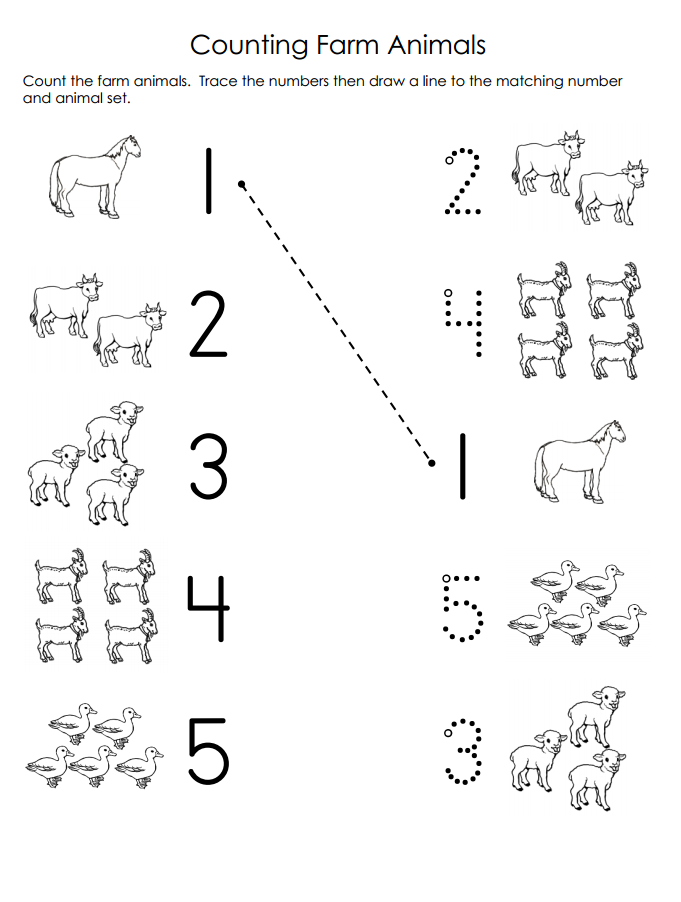 The necessity of direct contact of the child with the objects of nature in the process of environmental education is substantiated. The author specifies the content of the ecological walk - one of the forms of familiarization of older preschoolers with nature. The features of the formation of ecological knowledge in the process of walking are revealed. Methodical methods of conducting walks with children aged 5–6 years are proposed.
The necessity of direct contact of the child with the objects of nature in the process of environmental education is substantiated. The author specifies the content of the ecological walk - one of the forms of familiarization of older preschoolers with nature. The features of the formation of ecological knowledge in the process of walking are revealed. Methodical methods of conducting walks with children aged 5–6 years are proposed. The article describes the role of play in the socialization of a preschool child. The authors analyze and summarize the main provisions of the concept of the phenomenon of the game and the function of the game, conclude that a pedagogically verified organization of the upbringing process in preschool institutions is necessary for the effective and high-quality formation of the child's personality.
Publication date: 02/27/2019
Rate the material Average rating: 2 (Total: 3)
Plokhova Irina Ivanovna , teacher
MBDOU D/S No.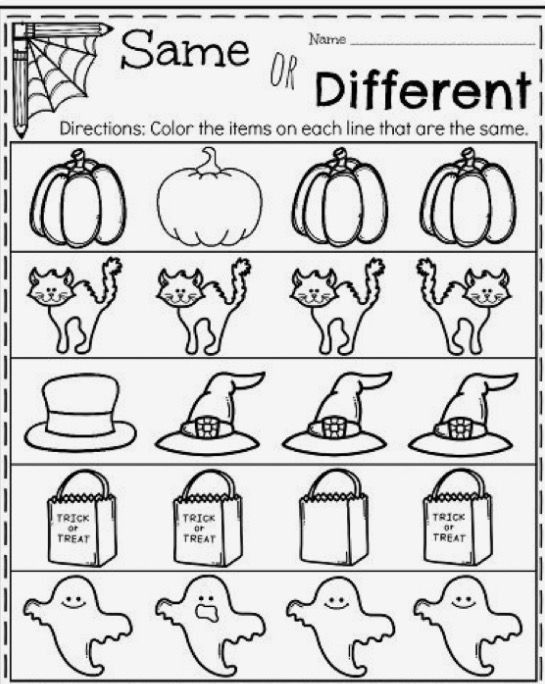 23 , Nizhny Novgorod region
23 , Nizhny Novgorod region Role-playing game as a means of developing communicative abilities in older preschool children
The article is devoted to the study of the possibilities of role-playing games as a means of developing the communicative abilities of older preschoolers. The features of the role-playing game and the ways of its influence on the communicative development of children of senior preschool age are analyzed. Based on the research data, the conditions for organizing role-playing games that stimulate the development of communicative abilities of children of senior preschool age are identified.
Publication date: 03/02/2015
Rate the material Average rating: 1 (Total: 2)
Koshkina Olga Anatolyevna , music director Bogatyr" , Samara region
"Information technology in music classes in preschool"
The article describes the author's personal methodological experience in the use of multimedia presentations, modern technical means in music classes.
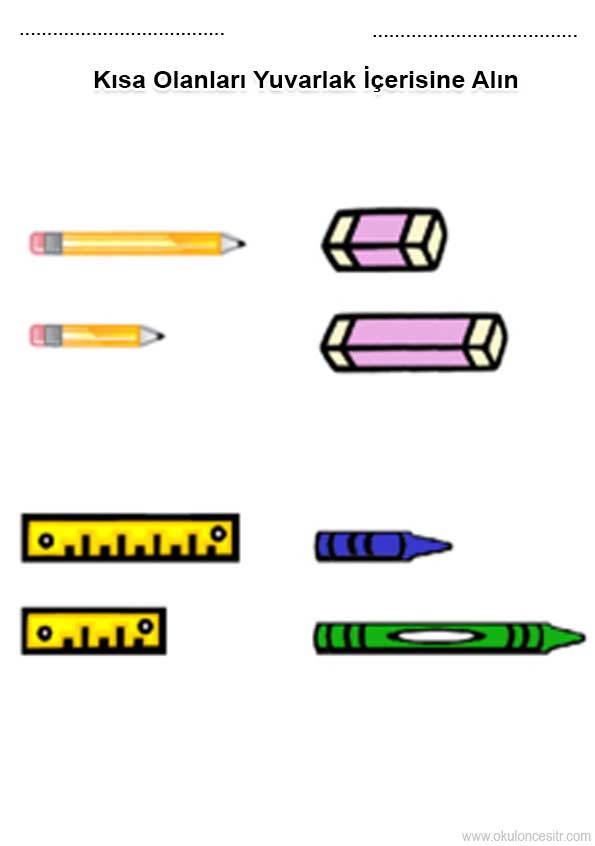
Publication date: 10/27/2022
Rate the material Average rating: 0 (Total: 0)
Penkina Natalya Alekseevna , educator
Malinkina Irina Yuryevna » , Belgorod region«Psychological safety of the child»
The article is devoted to the important issue of psychological safety of the preschool educational organization. The authors offer different ways to achieve the psychological safety of children, one of which is counseling, in general, active interaction with parents.
Date of publication: 11/29/2021 G.
Assess the material Average rating: 1 (total: 1)
Elena Nikolaevna Lazareva , teacher
Krivoshapova Lyudmila Mikhailovna
Chernova Olga Viktorovna
, teacher Poluektova Tatyana Nikolaevna , educator
MBDOU "D / S No.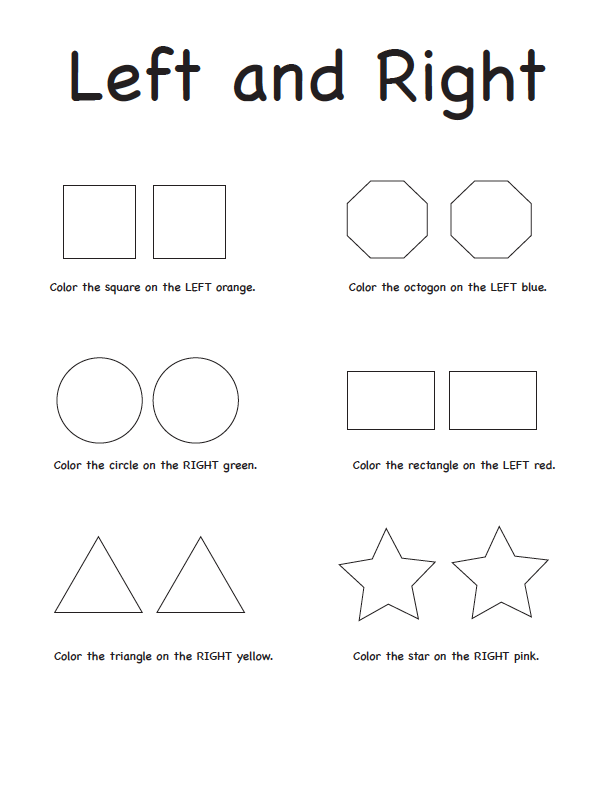 48 "Cherry" , Belgorod region
48 "Cherry" , Belgorod region "Mobile mini-laboratory for organizing elementary research activities with preschoolers -" Researcher's Case ""
The article gives recommendations on the use of the author's methodological manual "Researcher's Case".
Publication date: 10/20/2014
Rate the material Average score: 1 (Total: 2)
"Modern forms of methodical work in a preschool educational institution"
The article shows the role of modern forms of methodical work in the upbringing and development of a modern preschooler, defines the features of using these forms in the work of a preschool teacher, reveals the essence of the concept of "interactive".
Date of publication: 02/25/2015.
Assess the material Average score: 1 (total: 3)
Pankratova Tatyana Dmitrievna , teacher
MBDOU "D/s No. 6" , Belgorod region
22 Mazyrina Lyudmila Anatolyevna , educator
MBDOU "D / S No.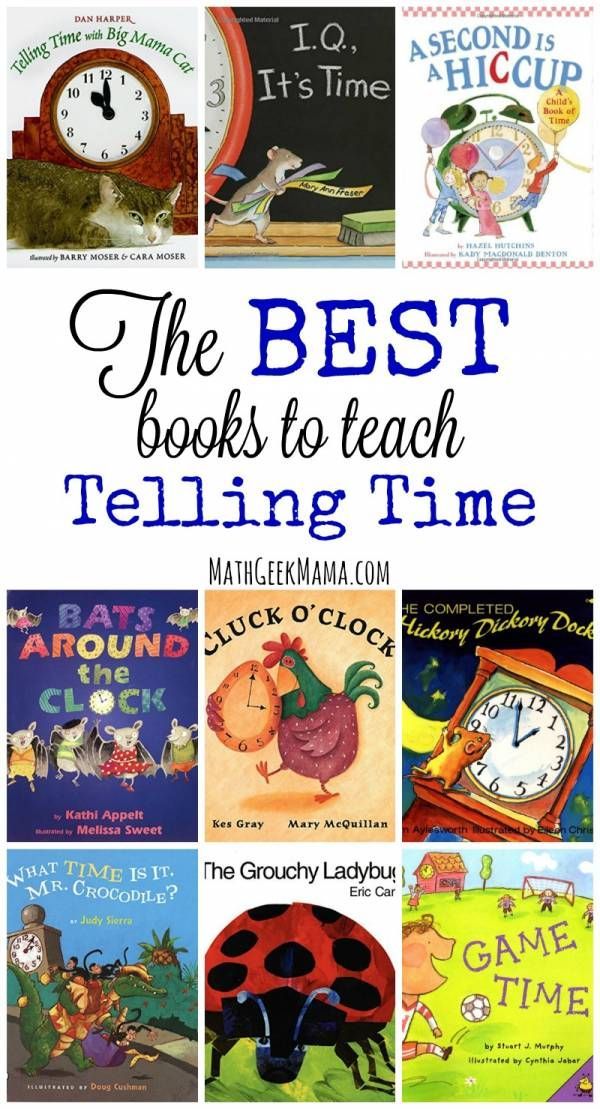 46 "Bell" , Belgorod region
46 "Bell" , Belgorod region "Moral education of children in the process of self-service work management"
self-service. The authors highlight various methods for solving educational problems.
Date of publication: 02/25/2015.
Assess the material Average score: 1 (total: 3)
Pankratova Tatyana Dmitrievna , teacher
MBDOU "D/s No. 6" , Belgorod region
22 Mazyrina Lyudmila Anatolyevna , educator
MBDOU "D / S No. 46 "Bell" , Belgorod region"Moral education of children in the process of self-service work management"
self-service. The authors highlight various methods for solving educational problems.
Date of publication: 21.02.2014
Rate the material Average score: 1 (Total: 2) Kislaya Natalya Petrovna Head of Institution
MBDOU "D/S OV No.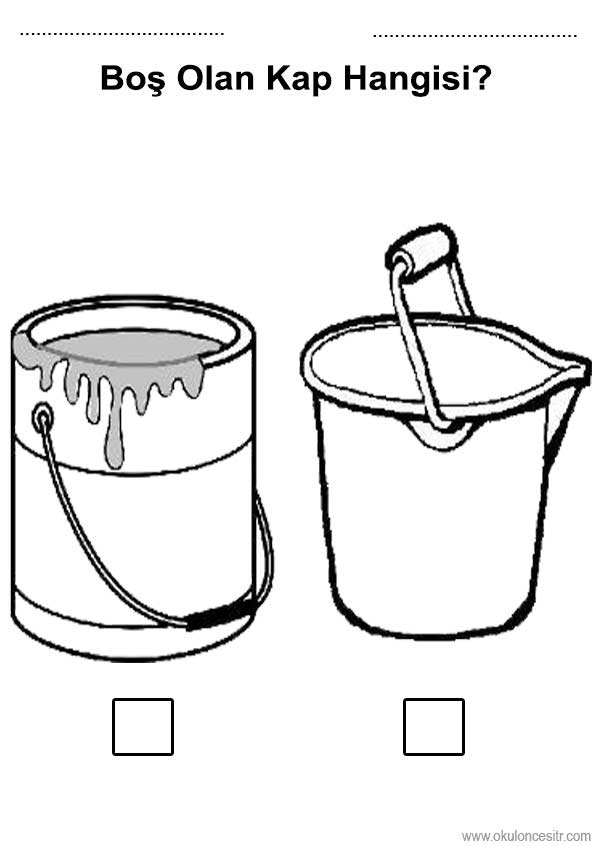 1" Murmansk region
1" Murmansk region "On the development of professional competence and psychological culture of young professionals in preschool institutions"
The article raises the problem of personal and professional development of teachers and young professionals. The authors present a practical example of solving this problem in the preschool educational institution - the psychological and pedagogical project "Psychological ABC", aimed at working with young professionals.
Date of publication: 06/18/2015
Rate the material Average score: 1 (Total: 2)
Kvitchenko Natalia Alexandrovna , teacher0024 , Belgorod region
"Development of numerical representations in children of preschool age"
The article is devoted to the development of numerical representations in children. The relevance of the development of numerical representations among preschoolers determines the search for conditions for the most effective organization of this process.
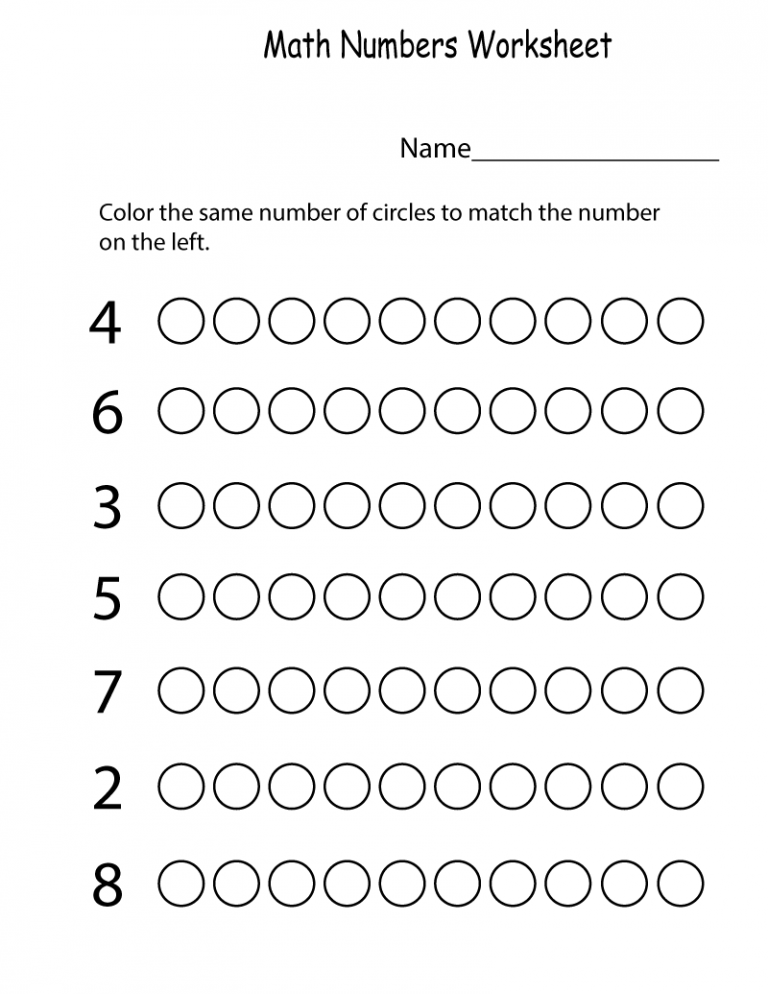 According to the author, such a condition is the creation of problem situations for the actualization of numerical representations in real life in children of senior preschool age.
According to the author, such a condition is the creation of problem situations for the actualization of numerical representations in real life in children of senior preschool age. Publication date: 06/18/2015
Rate the material Average rating: 1 (Total: 2)
Litvinenko Olesya Valerievna , teacher Pedagogical conditions for the development of geometric representations in children of senior preschool age of the pedagogical risk group»
The article presents the problem of the formation and development of geometric representations in preschool children, which is of great importance for the sensory and mental development of children. The solution of the problematic issue, according to the author, is due to the integration of various types of activity (mathematical, speech, constructive, motor, game, visual).
Date of publication: 02/17/2022.
Assess the material Average score: 0 (total: 0)
Ilyicheva Svetlana Anatolyevna , teacher
Shapovalova Tatyana Ivanovna , senior teacher
Khokhulina
, teacher
MDOU "D / S OV No.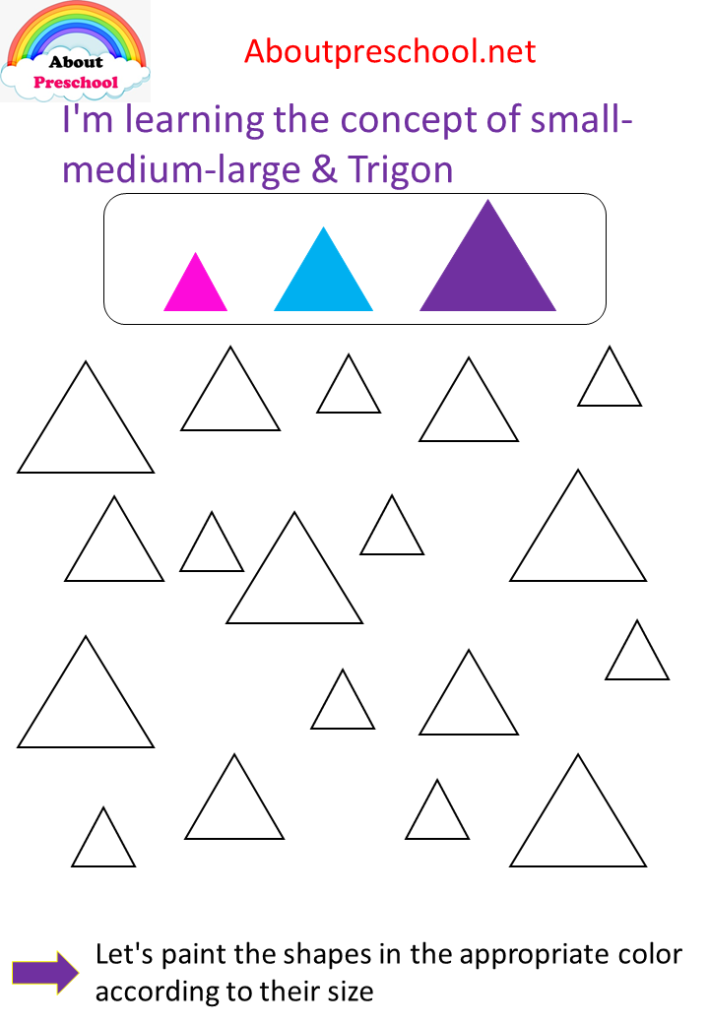 27" , Belgorod region
27" , Belgorod region "Organization and psychological and pedagogical support of the game as a leading activity of preschoolers"
Modern society does not stand still. That is why at present the problem of forming positive relationships between children is relevant, as it contributes to the entry of the child into society, interaction with people around him. The game contributes to the formation of friendly relationships among the children of the group: the ability to live in a team, take into account the opinions of other children, adequately evaluate yourself and your friends, helps to learn the norms and rules of behavior, facilitates the transition from kindergarten to school, to active communication during the period of adaptation through the game .
Date of publication: 12/19/2014.
Assess the material Average score: 2 (total: 3)
Chugunova Elena Grigoryevna , teacher
MBDOU "D/s No.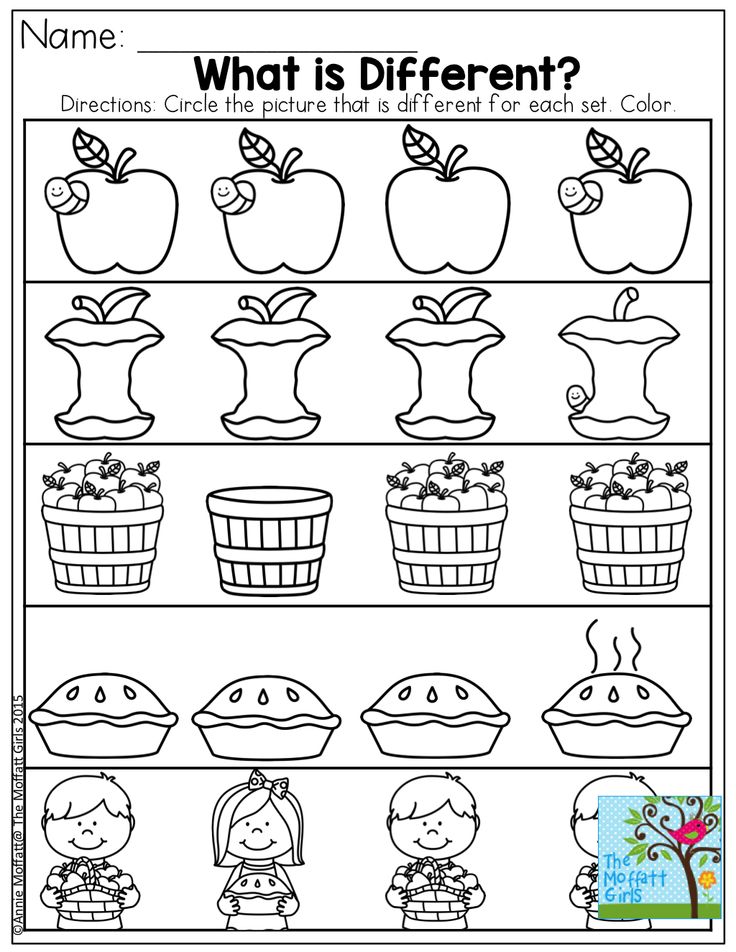 62" , Nenets AO
62" , Nenets AO «Peculiarities of education in children of sympathy and respect for people of different nationalities»
In the article the author reflects the means by which the ethics of interethnic communication of preschool children are brought up.
Publication date: 10/18/2021
Assess the material Average score: 0 (total: 0)
Bukhalina Natalya Vladimirovna , teacher
Vereshchagin Olga Dmitrievna , teacher
Zagorulko Natalya Yakovlevna , Physical Culture Instructor
MDOU "TsRR - D/S D/s D/s D/s D/s D/s D/s D/s D/s D/s D/s D/s D/s D/s D/s D/s D/s D/s D/s D/s D/s D/s D/s. No. 4 " , Belgorod region"Social and communicative development of preschoolers in the framework of the implementation of the Federal State Educational Standard for Education"
goodwill, speech culture in human relationships.

Date of publication: 11/13/2018.
Assess the material Average score: 1 (total: 2)
Kovalenko Natalya Mikhailovna , teacher
MBDOU "97" , Irkutsk region"TRIZ technology as a means of developing the creative imagination of older preschoolers"
This article is devoted to the study of the development of creative imagination of older preschool children through the theory of inventive problem solving (TRIZ).
Publication date: 10/13/2015
Rate the material Average rating: 1 (Total: 2)
Alekseeva Svetlana Ivanovna , teacher Tryasorukova Ekaterina Nikolaevna , senior educator
MBDOU "D / S No. 7" Semitsvetik" , Belgorod region
Zubkova Elena Viktorovna , educator
MBDOU No. 6 "D / S" , Belgorod region"Formation of the personality of preschool children through communicative communication"
This article is devoted to the development of preschool children through communicative communication.
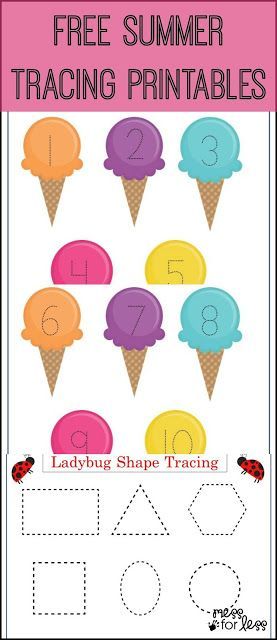 The paper examines in detail the concepts of "communication" and "extra-situational-personal communication".
The paper examines in detail the concepts of "communication" and "extra-situational-personal communication".
8 skills that are useful for developing a preschooler and elementary school student
School preparation / Early childhood development
The LogicLike team talks about the skills that are important to master in preschool and primary school age in the first place.
LogicLike is an online platform for the development of children aged 5-12. We teach children to reason and work with information, develop logic and non-standard thinking.
1. Ability and desire to learn: cognitive abilities and interest in learning
Perception, attention, memory, imagination, speech, thinking are mental cognitive processes that make up the ability and desire to learn. For most children, the development of cognitive interest is a natural process laid down by nature. At preschool age, inquisitive children most of all want to discover something new.
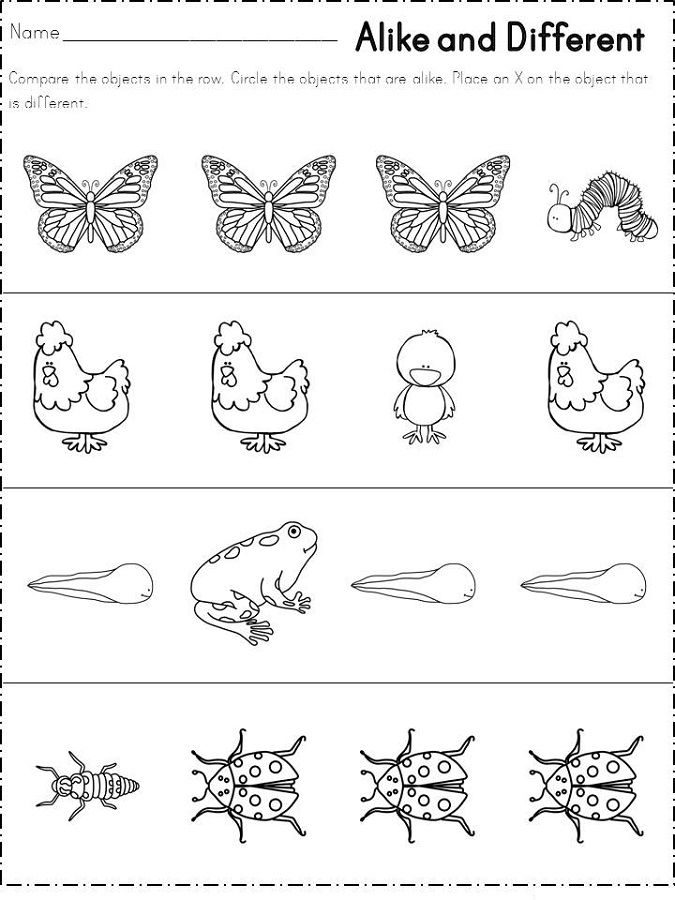
Closer to 5-7 years, the child no longer simply perceives information in finished form, as it was before. An inquisitive mind seeks to find answers to questions on its own. An inquisitive preschooler learns to bring different concepts into one system, analyzes them, compares them, looks for patterns and draws conclusions.
Hot interest and curiosity are the basis of independent motivation of a preschooler and a first grader to study.
The elementary school curriculum does not contain separate classes devoted to the development of cognitive abilities. Therefore, the task of teaching the child to learn largely falls on the parents.
High cognitive interest plus developed attention, memory, thinking and other cognitive abilities will help you get used to school without stress, become more independent, proactive and avoid chronic academic failure.
See also: The benefits of entertaining mathematics and solving logic problems.
The ability to learn independently cannot be overestimated.
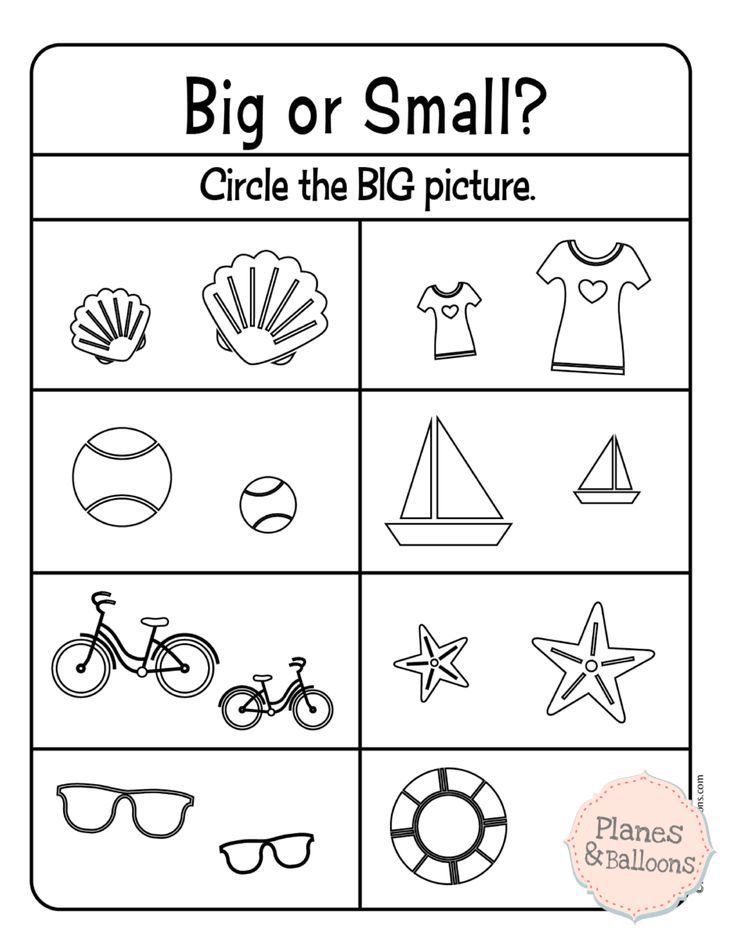 Technology is developing many times faster than it was 20 years ago, and specialists of any profession are in the race for new knowledge. Try to imagine what will happen in another 20 years.
Technology is developing many times faster than it was 20 years ago, and specialists of any profession are in the race for new knowledge. Try to imagine what will happen in another 20 years. 2. Creative thinking: the ability to think outside the box, contrary to patterns
The ability to create something new, unconventional - this is how classical psychology defines the concept of "creative thinking". You should not associate it exclusively with art: extraordinary solutions are welcome in any field of activity, be it acting or mobile application development.
At the age of 5-7 years, thinking is not constrained by stereotypes and it is easier for a child to learn to be “creative”. This will help in the future to get out of any difficult situations, simply connecting creative thinking.
See also: 10 ideas and exercises to develop creativity.
The ability to think outside the box is useful not only in everyday life. For example, engineer and ornithologist Eiji Nakatsu developed a rounded nose for a bullet train.
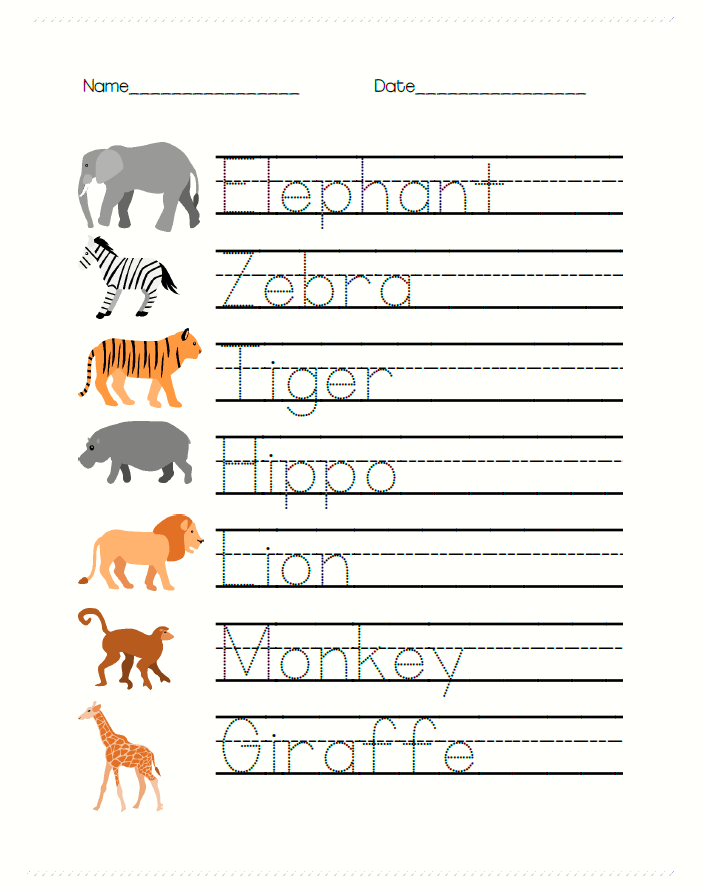 The idea came from observing the kingfisher, a bird whose streamlined beak allows it to fish easily, plunging into the water without splashing. This train design reduced air resistance and energy costs.
The idea came from observing the kingfisher, a bird whose streamlined beak allows it to fish easily, plunging into the water without splashing. This train design reduced air resistance and energy costs. 3. The ability to think logically: we develop logical and mathematical intelligence
Some everyday and educational problems can be solved creatively. But in most cases, when an objective, balanced approach is needed, creativity is not enough. Logical thinking comes to the rescue:
- ability to think;
- to prove the truth or falsity of judgments;
- make informed decisions;
- explain your position to yourself and others.
When a child pumps logical thinking and mathematical abilities, he learns to use specific concepts, "weigh" options and make decisions.
Solving entertaining logic problems is a proven way to develop logic in preschoolers and younger students. Is your child 5-7 years old? This is the perfect time to start.
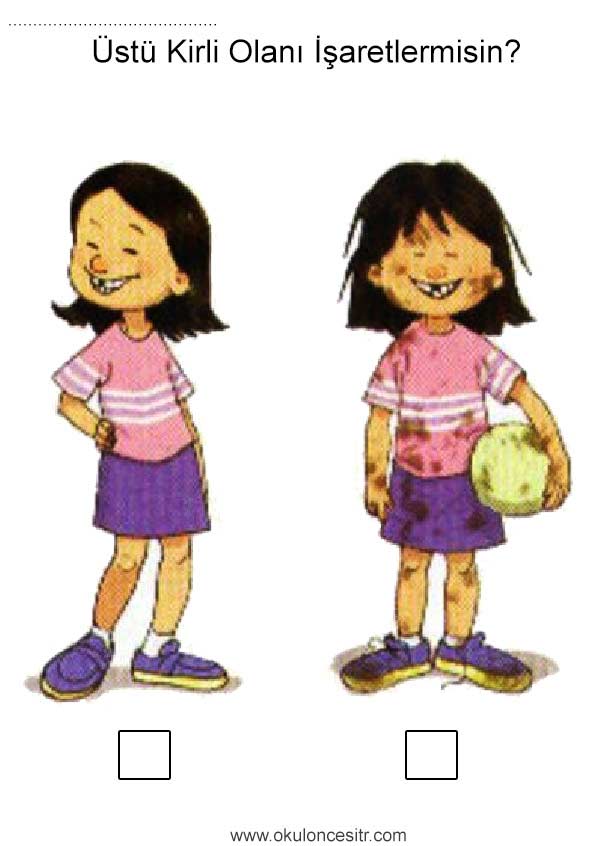
Day after day, more than 100,000 students
complete 10-20 assignments on the LogicLike website. And how much can you? Choose where to start:
Riddles and questions Riddles and questions
Logic tasks Logic tasks
Children with developed logical and mathematical intelligence can easily cope with school mathematics. In grades 3-4, they win mathematical olympiads and, in general, have more chances for a breakthrough in overall intellectual development.
4. Spatial thinking and imagination: developing visual-spatial intelligence
It is possible to create 3D pictures in your head, look at them in great detail and rotate them as you like with the help of spatial thinking and imagination. By developing these abilities, the child learns to navigate in space, recognize directions of movement, determine the sides of the horizon, understand the position of objects in space and perceive their shape.
This is interesting: Games and tasks for the development of spatial thinking of preschoolers.
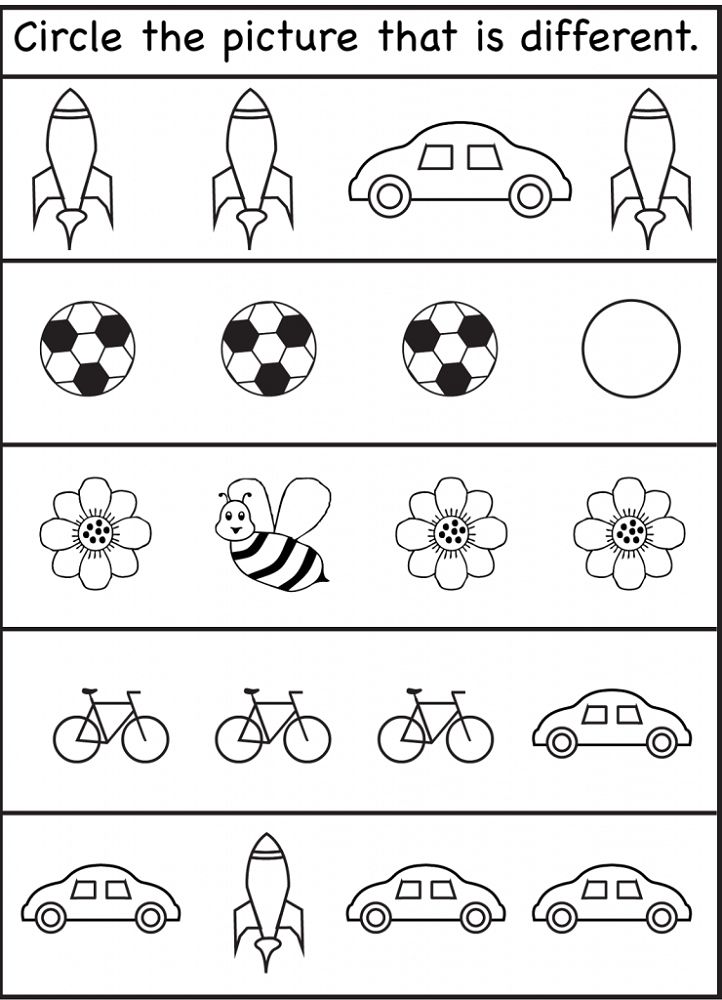
Universal skills for success in any endeavors
The ability and desire to learn, creative, logical-mathematical and spatial thinking are components of the intellect and are absolutely necessary for both children and adults. However, this is not enough to achieve success.
Special, "hard" skills (hard skills) affect the success of a person in a particular activity. They, too, can and should be developed from childhood, especially if the child has obvious inclinations and interests.
What can determine the success of a person in a variety of activities? General, "flexible" skills (soft skills) : the ability to learn, think outside the box, speak beautifully and correctly, correctly allocate time, etc. It is equally useful in study, work and personal affairs. “Soft” skills are the basis for the development of special skills and human efficiency in everything.
We have identified 4 universal skills, qualities (their groups) that will definitely be useful to your child at school and later in life.
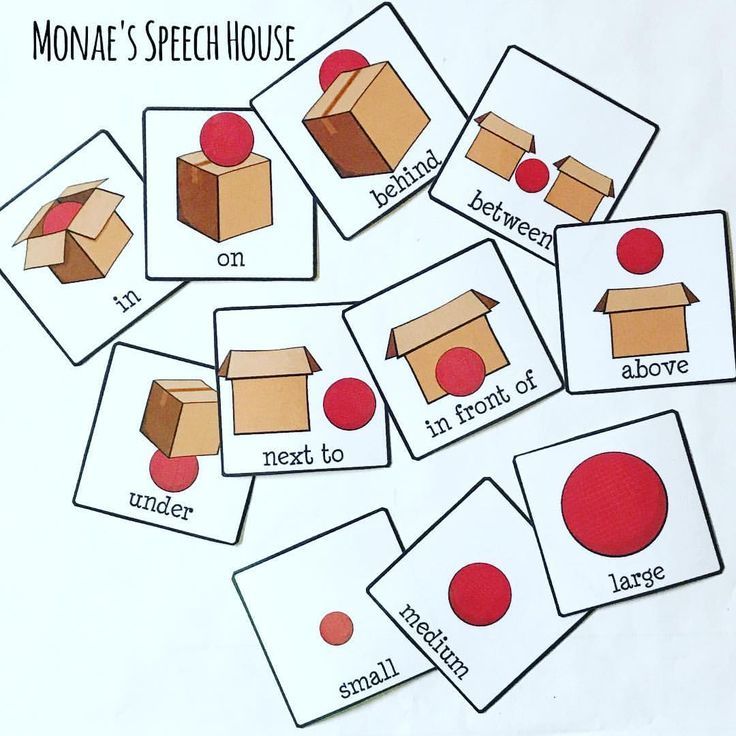
5. Communication skills: the ability to communicate and speak in public
The ability to conduct a dialogue, negotiate, convince somewhere, and give in somewhere, helps to join the team and find a common language with any person. A sociable person is more likely to reveal his abilities and succeed than someone who is stuck in communication.
6. Ability to work with information
When the information in the head is not sorted out, but falls into a heap, it is much more difficult to find and use something valuable.
For effective work and study, it is important to be able to:
- evaluate information for accuracy and reliability;
- to sift out the superfluous and empty, to highlight the main thing;
- combine elements into semantic groups;
- memorize and find the right information in time.
"Who owns the information, he owns the world.
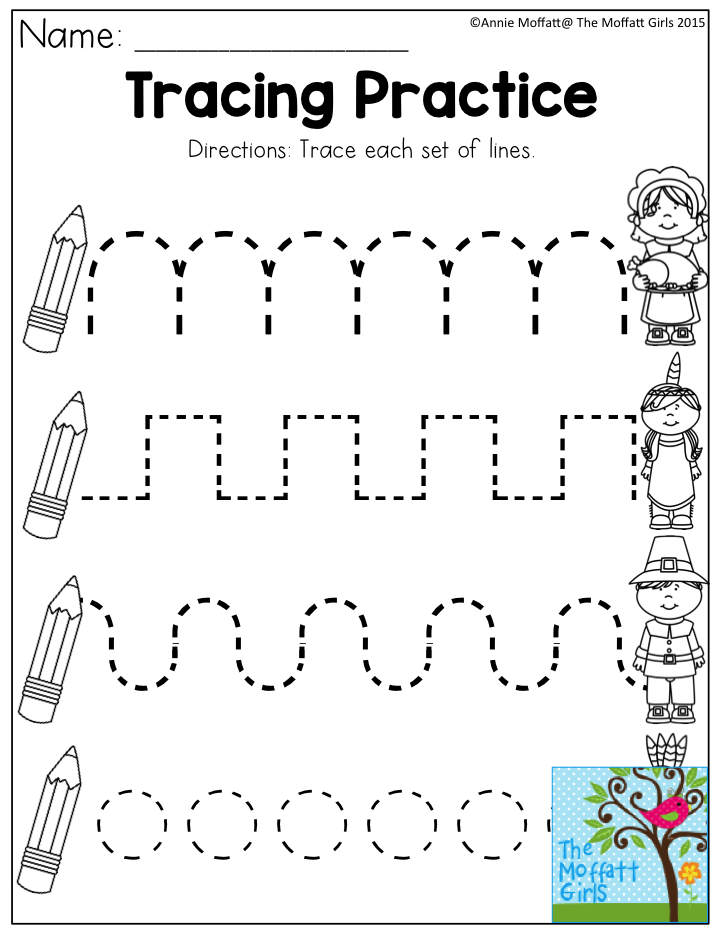 "
"
Nathan Rothschild7. Self-organization, time management
Sometimes it seems that a person's life is organized by circumstances. School drives into the framework of lessons for 45 minutes, work creates the boundaries of an 8-10-hour working day.
But without the ability to plan things and manage your time, it is difficult to be productive. This is something that is not taught in school, but without which it is difficult to do without in life.
“I’ve been thinking about how to kill time more than once!” said Alice from Lewis Carroll's fairy tale to the Hatter. He answered her:
“How can he (time) like this? If you didn’t quarrel with him, you could ask him for anything you want.
8. Personal qualities: leadership, will, perseverance
Purposeful, stress-resistant, responsible, proactive, hardworking, able to cope with routine tasks - like a torn line from a resume of a top specialist, isn't it? All these qualities are classified as soft skills.
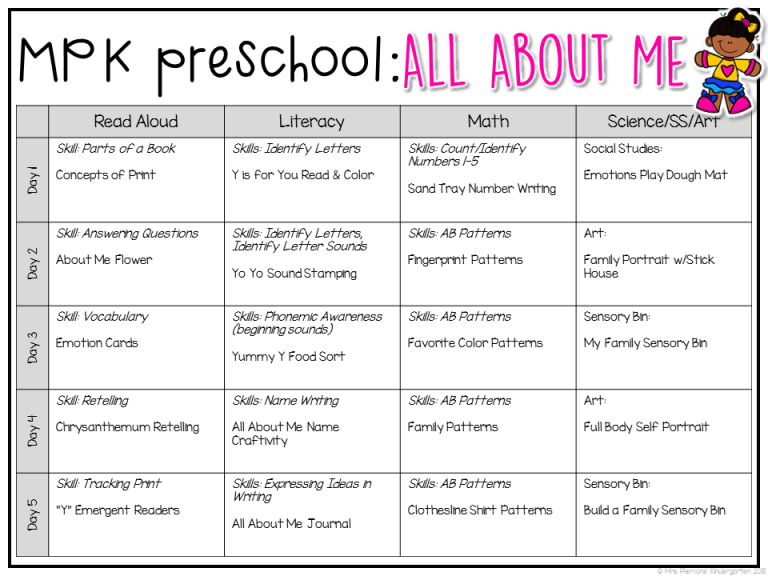 They are not related to a specific profession, but without them any work is difficult.
They are not related to a specific profession, but without them any work is difficult. Personal qualities are formed in childhood and depend on upbringing. It is important in this regard to correctly “distribute responsibilities” between the school and parents.
Abilities and skills open up a world of possibilities for the child
It all starts with the discovery of the inclinations laid down by nature, which are easiest to develop into abilities. But without effort, even rich inclinations run the risk of remaining in the stage of unsprouted grains.
A vivid example is in the biography of the Russian painter Vasily Surikov. His inclinations for drawing appeared early, but by the time he entered the art academy, they were not developed to a sufficient degree, according to teachers.
“Is this your work? Yes, for such drawings, you should even be forbidden to walk past the Academy!
, the examiner remarked sternly.Surikov did not agree, in three months he completed a three-year course with the artist Dyakonov and successfully entered.
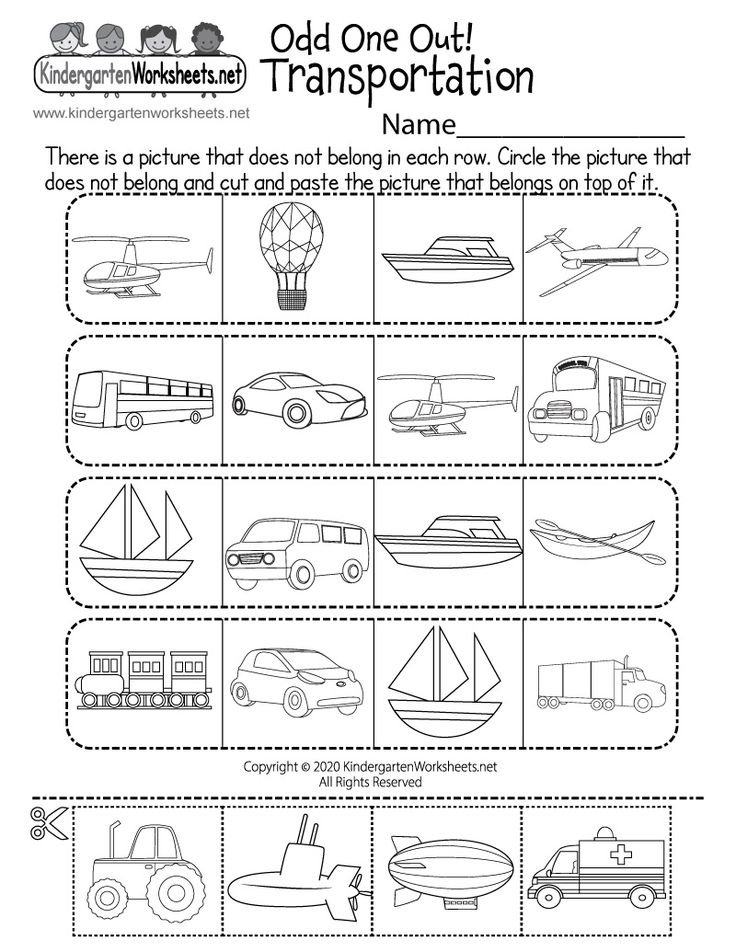 To make this example even more revealing, imagine that Surikov never discovered his ability to draw.
To make this example even more revealing, imagine that Surikov never discovered his ability to draw. How do you like it if your child agrees with the school teacher, they say, “well, there are no abilities for mathematics and logic - a humanist”?
At any age, it's not too early and not too late!
In childhood, the potential for the distant future is laid. But does this mean that it is already too late for adults to develop their abilities? Not at all.
This is confirmed by people who debunk myths by their example. Belarusian biathlete Daria Domracheva received two higher economic educations before realizing in sports.
Self-taught artist Henri Rousseau began painting at a mature age, with only military service and customs experience behind him. It is never too late to develop and discover a second wind.
What else is worth remembering?
- Listen to your child and help him develop in what he likes. Do not try to realize only your ambitions, do not strive to grow a new Hans Zimmer or Steve Jobs.
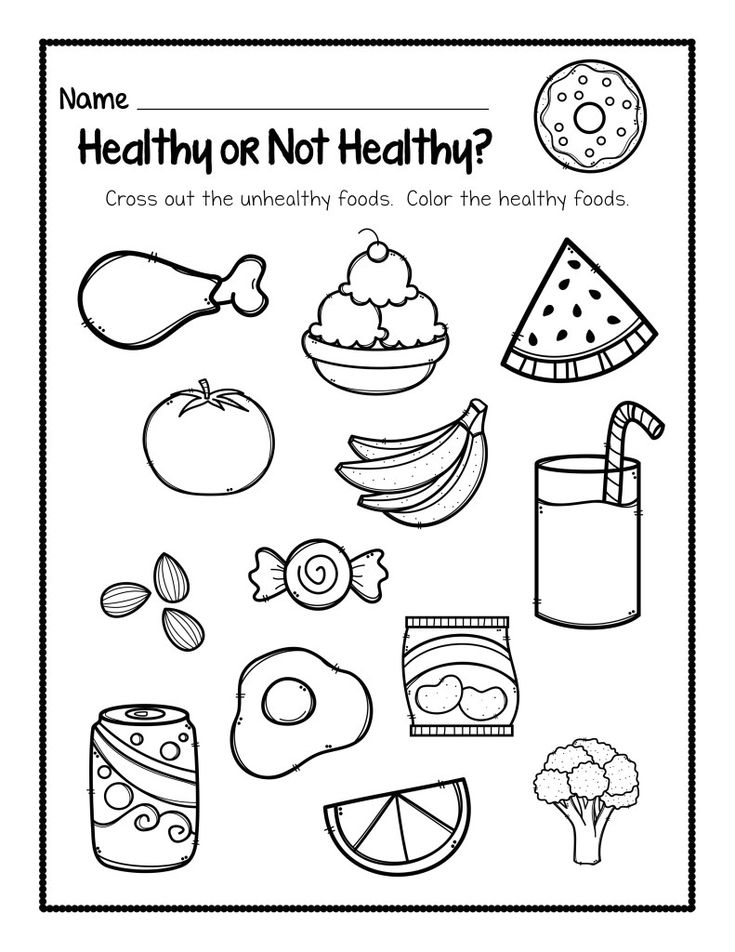
Learn more

